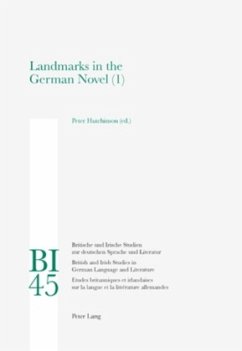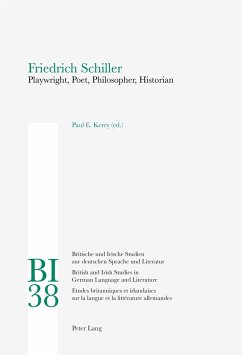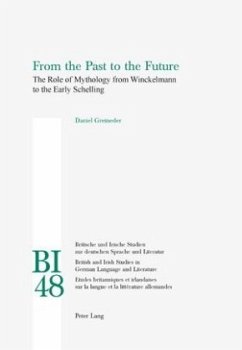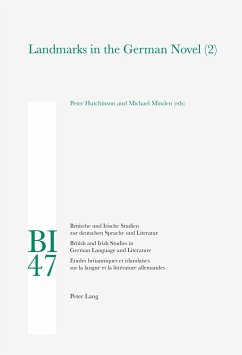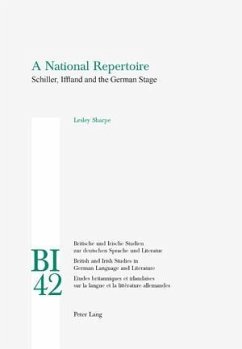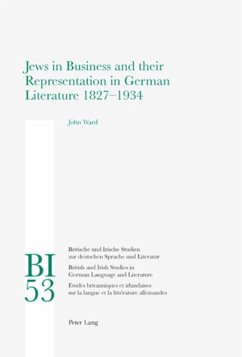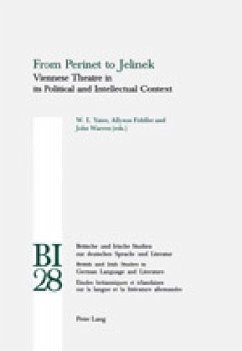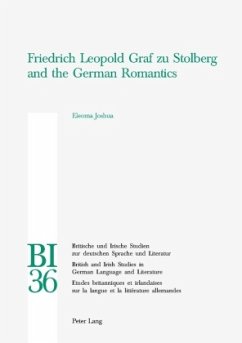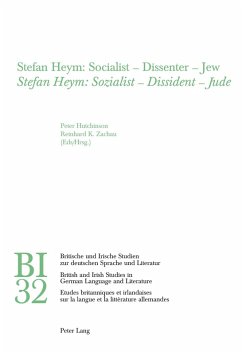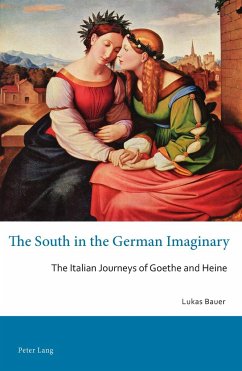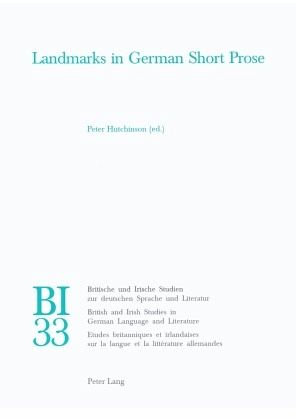
Landmarks in German Short Prose
Versandkostenfrei!
Versandfertig in 6-10 Tagen
66,15 €
inkl. MwSt.

PAYBACK Punkte
0 °P sammeln!
The twelve essays in this volume deal with major achievements in German short prose published between 1810 and 1978. Most of the texts studied are Novellen, and there is a concentration on the first half of the nineteenth century, the period in which this form flourished in Germany. The works covered range from Goethe's Novelle, a title straining for exemplary status, to Walser's Ein fliehendes Pferd, the best example of Novelle form in the late twentieth century, as important for its social and psychological commentary as for its subtle characterisation and skilful arrangement of motifs, feat...
The twelve essays in this volume deal with major achievements in German short prose published between 1810 and 1978. Most of the texts studied are Novellen, and there is a concentration on the first half of the nineteenth century, the period in which this form flourished in Germany. The works covered range from Goethe's Novelle, a title straining for exemplary status, to Walser's Ein fliehendes Pferd, the best example of Novelle form in the late twentieth century, as important for its social and psychological commentary as for its subtle characterisation and skilful arrangement of motifs, features in which the Novelle has tended to excel. The earliest landmark is seen as Kleist's strange 'chronicle' Michael Kohlhaas, which showed German writers a completely new way of telling a story, and this is followed by essays on works which all attempted something new in the history of short fiction. Authors dealt with include Eichendorff, Heine, Büchner, Grillparzer, Droste-Hülshoff, Keller, Hauptmann, Thomas Mann, and Kafka. These essays, all by specialists in the relevant field, were originally delivered as lectures in the University of Cambridge.



